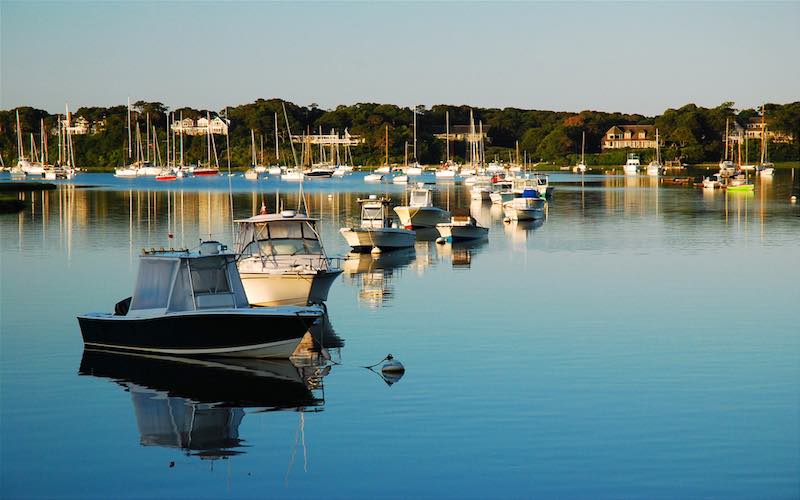
Wychmere Harbor. Photo via Shutterstock.
April 23, 2020 (BOSTON, MA) – Conservation Law Foundation (CLF) released the following statement today after the Supreme Court issued a major ruling on the Clean Water Act in County of Maui v. Hawaii Wildlife Fund. The Court ruled that the law can forbid polluters from dumping waste into navigable streams, rivers, and coastal waters without a permit, even if the pollution reaches those waters through groundwater. The ruling will have direct implications for CLF’s work to hold polluters accountable on Cape Cod.
“With the nation’s landmark clean water protections in peril, the Supreme Court made the right call today,” said Heather Govern, Director of CLF’s Clean Air and Water program. “The Trump Administration attempted to open a serious loophole in the Clean Water Act and was roundly rejected. This decision will prevent pollution and help repair the rivers, streams, and marine waters throughout New England that so many of us depend on.”
The ruling is a blow to the Trump Administration, which argued that pollution traveling through groundwater was not covered under the Clean Water Act.
The decision directly applies to the damaging water pollution flowing into the bays surrounding Cape Cod from septic systems and other sources. The First Circuit Court of Appeals will be applying this important precedent in CLF’s pending case against the Wychmere Resort. The decision will have critical implications in CLF’s work to protect Cape Cod’s waters going forward as well.
CLF experts are available for further comment.
###
